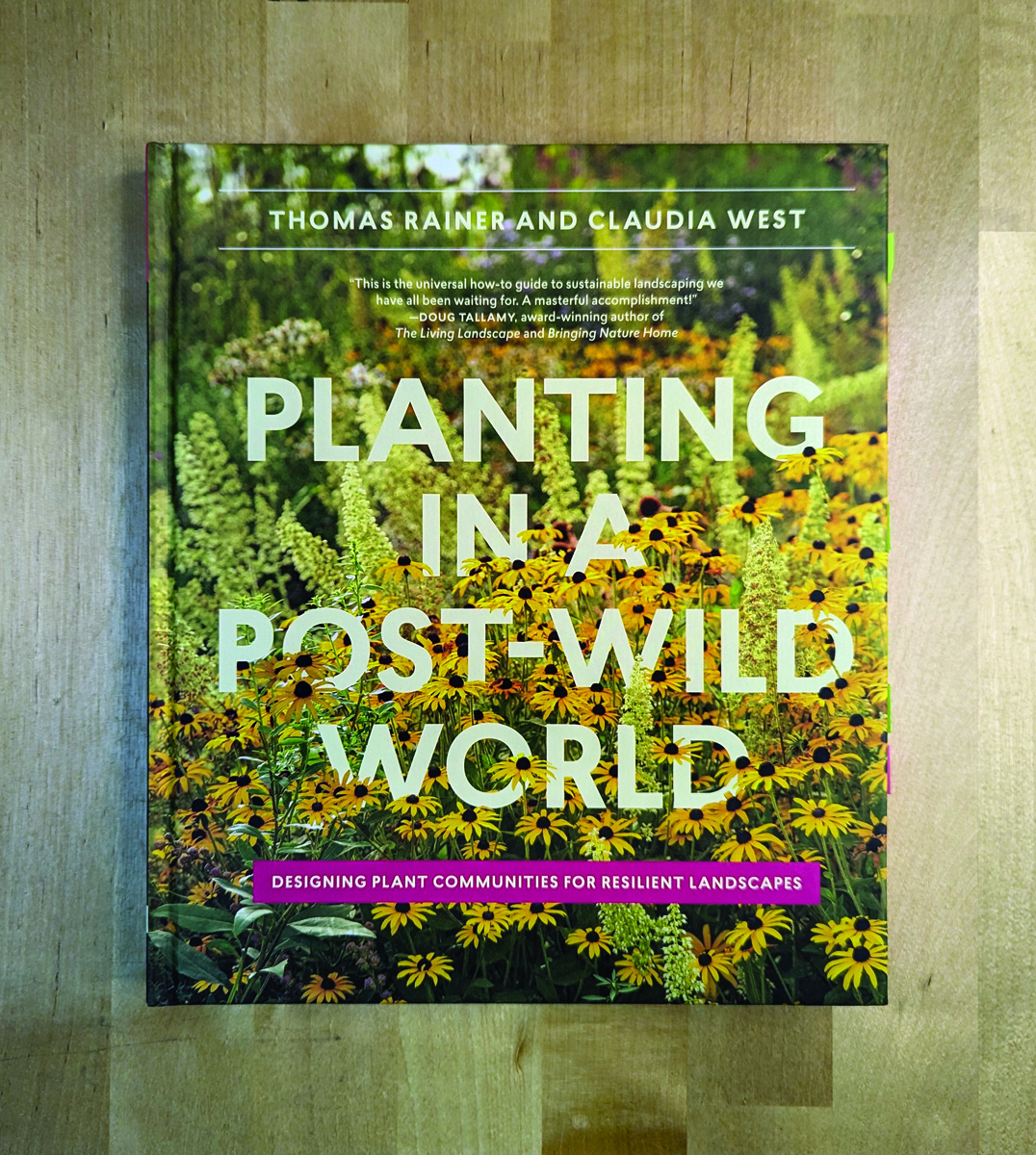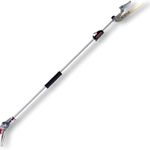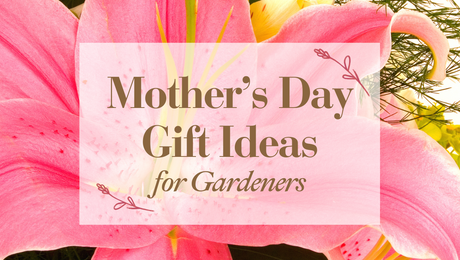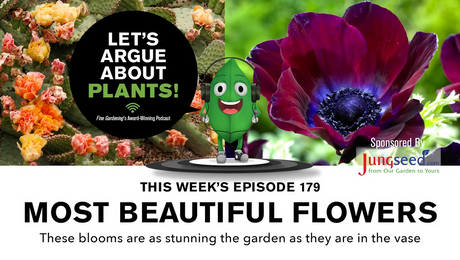Hi GPODers!
We’re back in the garden of Susan Warde in St. Paul, Minnesota. If you need a refresher on Susan’s garden, check out some of her previous submissions: Color Coordinating in Susan’s Front Garden, The Summer That Was at the 45th Parallel, Bath Time! (for Birds), and Rose Family Members in Susan’s Garden. Today, we get to see her space as the growing season winds down, and learn how she prepares for winter. Despite planting in chilly zone 4b, there is still plenty to ogle at in Susan’s beautiful beds.
Learn more: Gardening Tips for Winter
I have a large garden (by city-lot standards) and a small amount of time (since I take care of my three grandkids part or all of four days a week). And so, contrary to gardening advice, I cut down the perennials prior to winter. Our yard waste pick up ceases at the end of November and the number of containers each week is limited, so I begin the project towards the end of September. There’s no way the two-month job could be done in the spring: early flowers begin to open shortly after snow melt—by the end of March, if we’re lucky—leaving two short a window for clean-up.
The garden in early July vs the garden in late October. It can be a bleak time of year, but there are compensations: the maples are coming into their own. In the foreground is a Japanese-Korean hybrid (Acer x pseudosieboldianum ‘Ice Dragon’, Zones 4–7). These are fully hardy down to -30° F.
The red leaves of ‘Summer Wine’ ninebark (Physocarpus opulifolia ‘Seward’, Zones 3–7) brighten the landscape in the fall. As its cultivar name suggests, its foliage is a colorful burgandy earlier in the season. Another ‘Ice Dragon’ maple (Acer x pseudosieboldianum ‘IsliD’, Zones 4–7) can be seen in the center of the photo. The birdbaths have already been tipped for winter.
Of the seven varieties of mollis azalea (Rhododendron x kosteranum, Zones 4–8) in my garden, this particular one (R. ‘Northern Hi-Lights’, Zones 4–7) is by far the prettiest in fall. In May it sports fragrant white flowers with golden centers.
Though foliage takes center stage at this time of year, there are a few late bloomers. This cultivar of Queen Anne’s lace (Daucus carota, Zones 4–11) was a volunteer. The seedling appeared late in the summer and by the end of October it was in bloom. Unfortunately a rabbit, aiding in the cutting-down process, got to it before it could set seed.
A clematis (Clematis viticella ‘Venosa Violacea’, Zones 4–10) admires itself in the mirror (“as well it should,” observed my son). It was new in 2023. This season it flowered heavily in late spring and occasionally during the summer. Then in November it produced three more surprise blooms. That’s a Korean maple (Acer pseudosiebolianum, Zones 4–8) making a red splash behind it.
And here is a close-up of the Korean maple’s vibrant foliage. I have two of them. The other turns color earlier and is yellow. Obviously there’s a lot of variation within the species.
Another late-bloomer is this black bugbane (Actea racemosa, Zones 3–8). I’m not sure of the variety. Unlike the July-flowering bugbane, this one is not stinky. In fact its fragrance is heavenly. A grateful bumblebee thinks so too.
Fruit also may brighten up the fall garden. These are the rain-washed pomes of a crabapple (Malus ‘Royal Raindrops’, Zones 4–8). Cerise flowers cover this small tree in May, and its emerging foliage is red.
Looking down can be just as rewarding as looking up. Here are two evergreen perennials whose leaves persist under the snow. I cut them back in April after the new ones emerge. On the left is barrenwort (Epimedium x youngianum ‘Roseum’, Zones 5–8) and on the right is a hellebore, variety unknown. Other herbaceous evergreens, such as European ginger (Asarum europeam, Zones 4–8), Japanese spurge (Pachysandra terminalis, Zones 4–8), heuchera and heucherella, remind me that the garden is alive, even in winter.
And on closer inspection, the ground reveals more treasures. Looking for the dropped green bead, the kids noticed the tiny mushrooms and the even smaller snail shell.
Thank you for sharing this sensational end-of-season tour of your garden, Susan! It’s always a pleasure to see what you’re able to grow and create despite your challenging conditions.
If you haven’t shared your fall garden with us yet, what are you waiting for?? Follow the directions below to submit your photos.
Have a garden you’d like to share?
Have photos to share? We’d love to see your garden, a particular collection of plants you love, or a wonderful garden you had the chance to visit!
To submit, send 5-10 photos to gpod@taunton.com along with some information about the plants in the pictures and where you took the photos. We’d love to hear where you are located, how long you’ve been gardening, successes you are proud of, failures you learned from, hopes for the future, favorite plants, or funny stories from your garden.
Have a mobile phone? Tag your photos on Facebook, Instagram or Twitter with #FineGardening!
Do you receive the GPOD by email yet? Sign up here.
Fine Gardening Recommended Products
Planting in a Post-Wild World: Designing Plant Communities for Resilient Landscapes
Fine Gardening receives a commission for items purchased through links on this site, including Amazon Associates and other affiliate advertising programs.
Featuring gorgeous photography and advice for landscapers, Planting in a Post-Wild World by Thomas Rainer and Claudia West is dedicated to the idea of a new nature—a hybrid of both the wild and the cultivated—that can nourish in our cities and suburbs.
ARS Telescoping Long Reach Pruner
Fine Gardening receives a commission for items purchased through links on this site, including Amazon Associates and other affiliate advertising programs.
Telescopes from 4 to 7'. Cut and Hold (160) Blades. Drop forged blades for unsurpassed long lasting sharpness. Lightweight, 2.3 lbs., for continued use. Perfectly balanced for easy pruning.
































Comments
Yes, fall can be a beautiful time of year in the garden.
Thank you for sharing.
Hello Susan, my name is Nancy and I have a garden in a small town in Ontario, on Lake Ontario about an hour east of Toronto. I also have this very fragrant Bugbane in my garden which keeps countless bees and wasps busy for most of September and October. I suggest that your Bugbane is probably Actaea simplex 'Brunette'. Mine looks just like yours and as you suggest the fragrance is heavenly. Mine are grown in a damp shady part of the garden with a pink Turtlehead Chelone
obliqua which are also in bloom at this time of the year. Happy Gardening from Canada.
Thank you, Nancy!
And I bet you can grow all sorts of plants that I can't grow in Minnesota. I grew up in Buffalo NY whose zone, needless to say, I didn't appreciate as a child and teenager.
Thanks, Susan, for sharing your glorious garden again - lush and masterful!
Hello from Mississauga Ontario, Susan :)
I love your garden. It is so welcoming, no matter the season. I love the July vs October comparison shots. Thanks for sharing your lovely garden with the rest of us.
Katherine
Aren't ninebarks the best! Marvelous that your grandchildren noticed the tiny mushrooms and snail shell - better than screens any day!
Thank you for sharing your fall garden. I’ve been trying to incorporate more fall color into my (also 4b) garden, and this was inspiring.
(Your bird bath post is probably one of my favorite GPODs ever!)
Just seeing this now. Thank you for your comment about the bird baths! It has encouraged me to think about submitting photos of the garden "whimsey" as well
(rabbits, turtles, cats, etc.), that my husband has labeled as "way too cute."
Log in or create an account to post a comment.
Sign up Log in